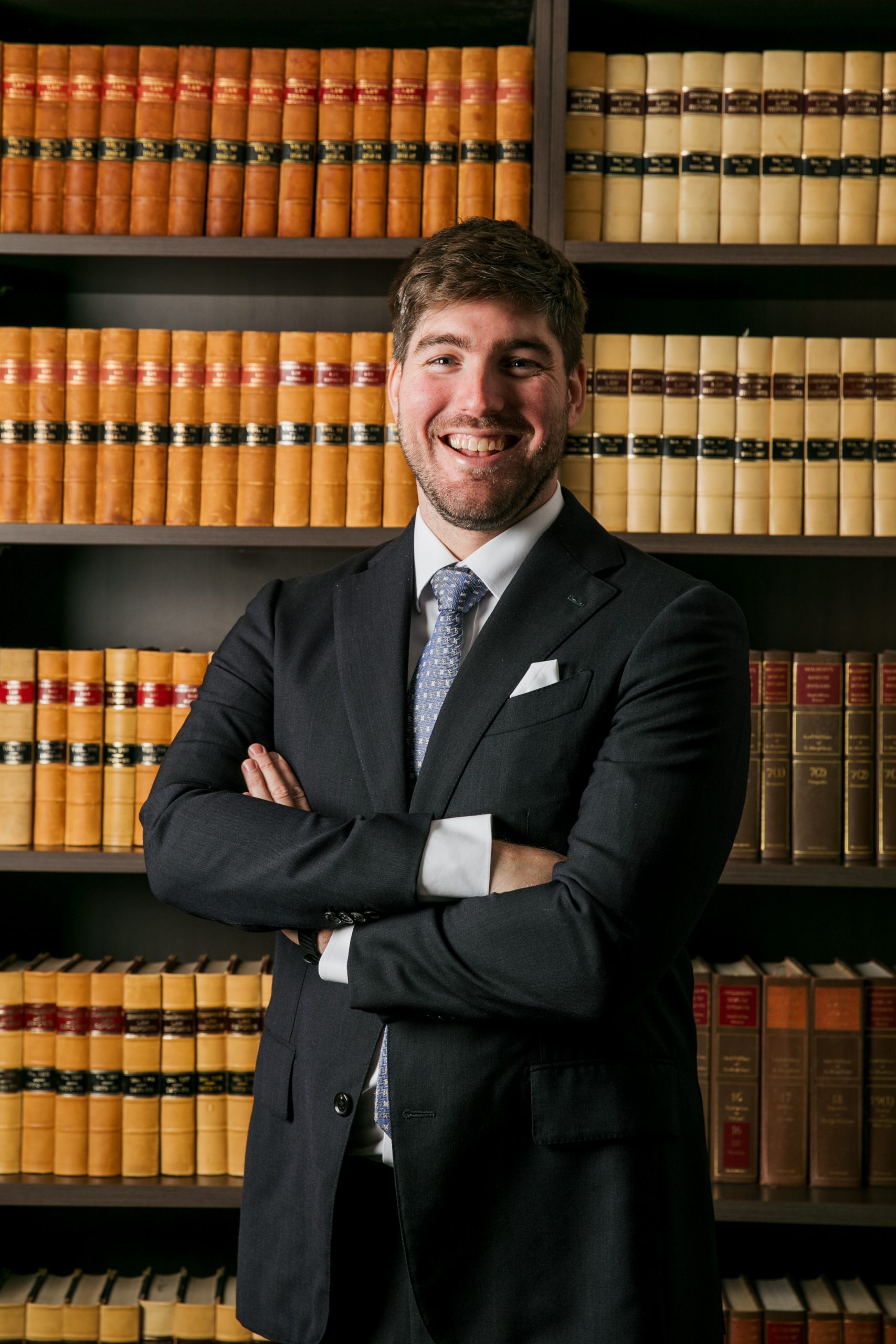Defamation solicitors
Defamation solicitors
Sunshine Coast
Defamation is a tort (a civil wrong) actionable by a person against another for publishing words, remarks, comments or pictures that have the effect of lowering the reputation of the aggrieved in the eyes of the public.
You can be ‘defamed’ verbally or in writing and the material will be considered defamatory if is injures your reputation and exposes you to hatred or ridicule or causes others to shun or avoid you.
In Queensland, an action for defamation is governed by the Defamation Act 2005 (Qld) and both a person and some companies (employing fewer than 10 people) can sue for defamation. Any person, company or other legal entity can be sued for defamation, and it is not limited to the person who spoke or wrote the defamatory material, but any others that contributed or assisted in publishing the material (a website or newspaper for example).

Have you been defamed?
If you think you have been the victim of defamatory material then you have 12 months from its publication to get a defamation lawyer and sue the person responsible.
This time frame can be extended to 3 years in special circumstances. You should note that each time the material is ‘published’, a separate and actionable tort of defamation occurs. If you’re unsure if you have case for suing for defamation, contact our defamation lawyers in Sunshine Coast.
To be successful in any action suing someone for defamation, your defamation solicitor needs to;
- Show that the material you complain of was published to a third person. You cannot be defamed by a person who only publishes the material personally to you alone.
- Show that the material you complain of was directly about you (named you) or you could reasonably be identified from the material published.
- Show that the material you complain of was actually defamatory, or defamatory by imputation, whether that was the intention of the speaker or not.
Defamation legal defences
- The purest defence available is truth – is the material complained of is substantially true. Consistent with the truth defence is contextual truth, which allows defamatory imputations if the other material within the publication is substantially true, the result of such was the defamatory imputation.
- Persons can protected by an absolute privilege if the material complained of is published during parliamentary proceedings and court proceedings. Further, if the material complained of was first published within a public document (parliamentary report, judgment) and you repeat it, you are protected.
- A person can also be protected by a qualified privilege if the third person had an interest in having the information and the material complained of was communicated to convey information about the interest. It must be reasonable however and cannot be motivated by malice against the aggrieved.
- If you publish a fair report of proceedings that occur and are of public concern, this includes parliamentary and court proceedings and can include other proceedings held by sporting and trade organisations. However, the report must be fair and made to either inform the public of the proceedings or advance the public’s education.
- A person is also free to express an honest opinion, so long as it is communicated as an opinion and not as a statement of fact. The honest opinion must be a matter of public interest and be based upon proper material.
- If the material complained of is published by a third party (not the author) and they publish that material further without knowledge of the defamatory material, they may have a defence of innocent dissemination, but only if they were unaware and their lack of knowledge was not due to their neglect.
- There will also be a defamation defence if the material complained of was merely trivial and unlikely to cause the aggrieved person any harm.
First steps if your considering a defamation case
If you feel you have been defamed by another person and are considering suing for defamation you should first seek legal advice from a defamation lawyer on the best ways forward, as the best course of action will depend on your individual circumstances, the seriousness of the defamatory material and the potential for ongoing harm if the defamatory material is not corrected or removed. The experienced defamation solicitors at Sunshine Coast law firm, Butler McDermott Lawyers Nambour, can give you a clear path forward by providing expert defamation advice and legal services.


Generally, in non-urgent matters, the first action is to urgently contact the author a demand they cease publication of the defamatory material and issue a concerns notice about the defamatory material. The author may then offer you a resolution to your concerns by making a written apology, paying your expenses or even paying some form of defamation compensation.
If that first stage does not resolve the issue, or the matter is urgent, your defamation lawyer will likely need to apply to the Court for an injunction and damages. An injunction will restrain the author from publishing the defamatory material. Damages are awarded to compensate the aggrieved and are based upon the actual damages that the aggrieved person has suffered or more aptly, can prove that they have suffered through acceptable evidence.
A court can award aggravated damages in exceptional circumstances where the author’s conduct is unjustifiable and improper. You cannot be awarded punitive damages aimed at purely punishing the author. Commencing legal proceedings for a tort of defamation claim is not an easy decision to make and proceedings of this type are expensive. The main aim of defamation law is to protect your reputation and compensate you for any loss suffered.
Meet Our Defamation Solicitor Team
Butler McDermott is a household name in the Sunshine Coast because we place our clients at the heart of everything we do.
If you are looking for a bankruptcy solicitor to guide you smoothly through the transfer of your property, contact us today to set up an appointment.













